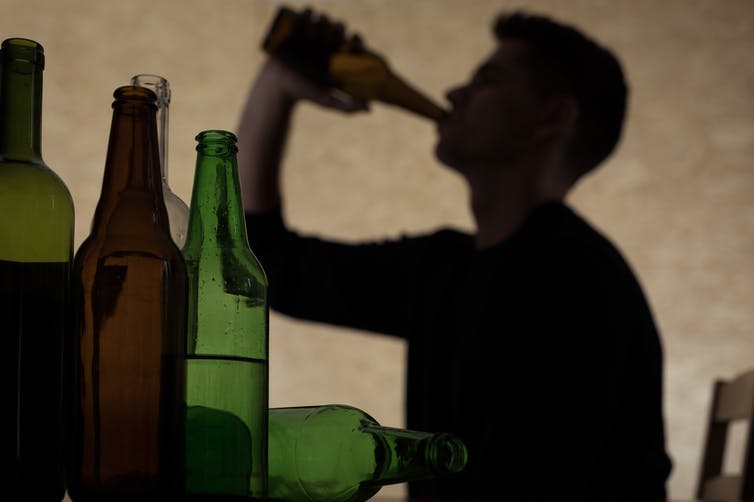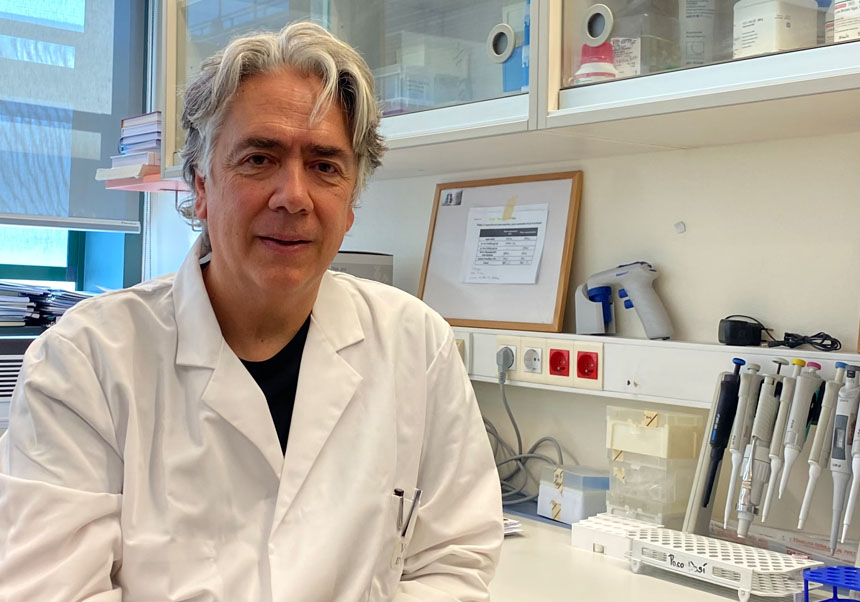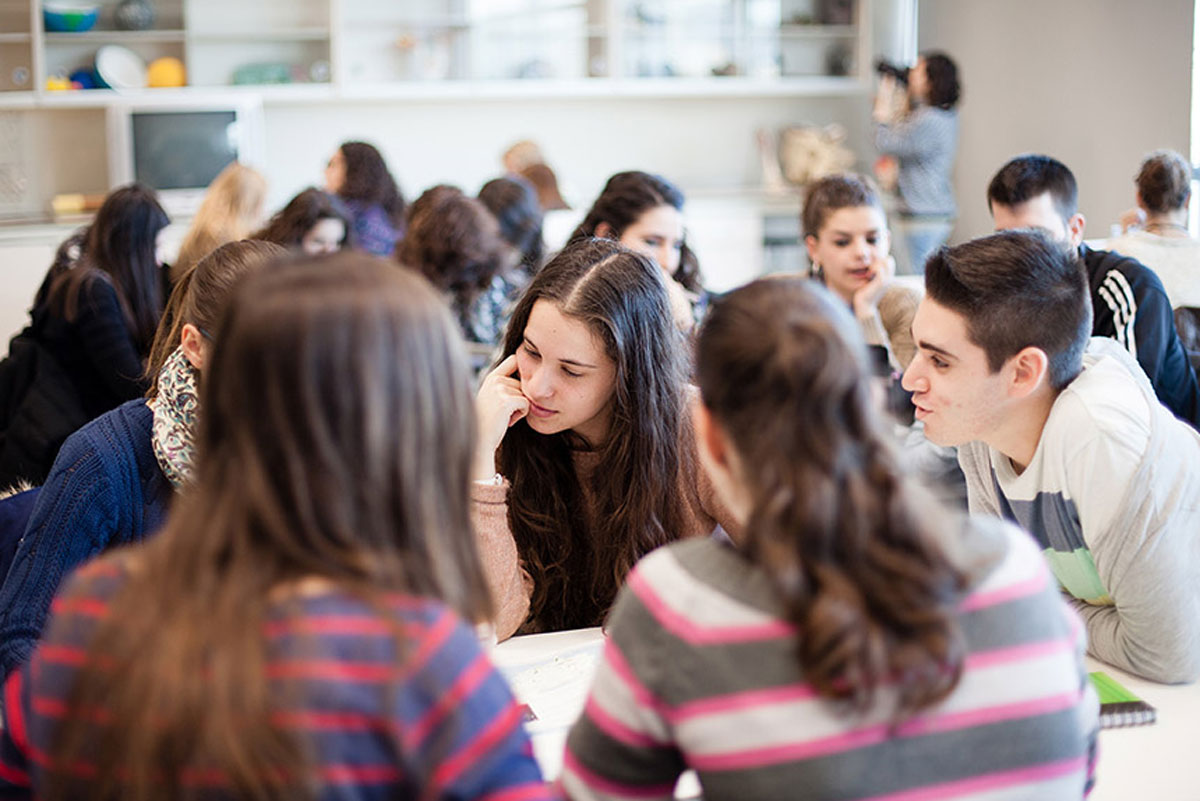Our isolation today, our alcoholism tomorrow
- Scientific Culture and Innovation Unit
- March 31st, 2020

Lucía Hipólito, professor at the Department of Pharmacy, Pharmaceutical Technology and Parasitology at the University of Valencia, explains in The Conversation how our brain, during this confinement stage, can turn sporadic alcohol consumption into a habit.
Being cheerful, with a high level of motivation, would do us no harm to cope with the pandemic we are experiencing. In our brain, the mesocorticolimbic system regulates motivated behavioufrs for reinforcement. This system consists of several brain nuclei in which we find the ventral tegmental area. This area is formed by dopaminergic neurons that project their axons to release dopamine. The activation of these neurons is a signal that motivates us and gives us the energy to consume these stimuli, which we call reinforcements. As Lucía Hipólito states, calling these situations “reinforcement” is extremely descriptive, because obtaining these stimuli reinforces that we repeat these behaviours and, thus, help the species to survive.
In an article published in The Conversation, Hipólito reflects on what happens when we have few reinforcements or we are deprived of those we had before COVID-19. Drugs, including alcohol, activate the mesocorticolimbic dopamine neurons. Like food, sex or social contact, alcohol and other substances release dopamine in the nucleus accumbens and teach us that alcohol is “necessary” for the species’s survival. And what happens then? Well, our behavior is modified to repeat the consumption of this substance because the brain understands it as a reinforcement.
The problem is that alcohol and other drugs do not activate neurons in the same way as natural stimuli. After repeating consumption over and over again, our brain turns that consumption into a habit and from a sporadic consumption, we can move on to a regular consumption and, finally, to what we know as an alcohol use disorder that can lead to its more severe stage: alcohol addiction.
Hipólito states that 20% of those of us who start consuming alcohol these days to “try to feel better” are vulnerable to the fact that, when the time comes, when we are not confined, we will not be able to stop consuming it, because repeated consumption will lead to changes both structural and functional of the neurons of the mesocortilimbic system and which turn addiction into a mental illness that requires treatment. Without thinking, alcohol will become the most important stimulus and it will be very difficult to stop consuming it.
The researcher at the University of Valencia explains that, unfortunately, there is still a long way to go because current therapies are not very effective and most patients relapse, which is why investing in research improves our health and our society.
Read the original article published in The Conversation.
















